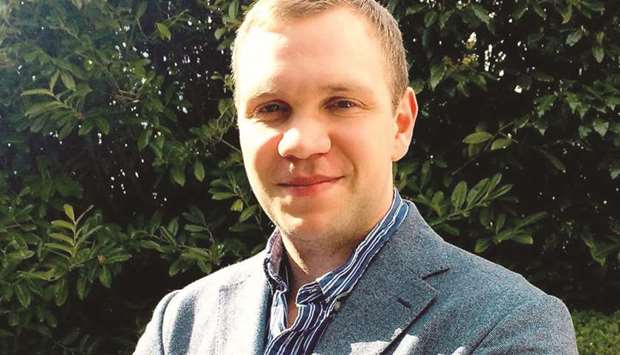The academic backlash against the life imprisonment of Matthew Hedges is growing, with two more UK universities cutting ties with the United Arab Emirates until the Durham PhD student accused of spying is released.
Durham University has suspended all field research in the UAE while lecturers at the University of Exeter, where Hedges did his master’s degree, have voted in favour of an academic boycott and called on the vice-chancellor to suspend all business partnerships with UAE.
In an e-mail to staff, Durham’s vice-chancellor, Prof Stuart Corbridge, said: “We are advising a moratorium on all travel to the United Arab Emirates (UAE) for our non-UAE staff and students until Matt is safely back home.”
This extends to the whole university the moratorium adopted by Hedges’ department, the school of government and international affairs, after his arrest in May.
The department’s head, Prof John Williams, said: “As a department we’ve had the moratorium in place for some time and that’s now a university-wide moratorium on staff and student research travel to the UAE. The only students of ours going to the UAE now are citizens from the UAE.”
Lecturers at the University of Exeter have unanimously backed a motion calling on its vice-chancellor, Prof Sir Steve Smith, to lobby for Hedges’ release and to suspend academic relations with the UAE until his situation is resolved.
Joao Florencio, the secretary of the Exeter branch of the University and College Union (UCU), said: “Our members are very worried about Matt Hedges’ predicament and the seeming curtailing of the academic freedom of colleagues travelling to the UAE for work. As such, our general meeting has unanimously called for an academic boycott of the UAE until the situation is satisfactorily resolved. That includes asking that the University of Exeter temporarily suspends its doctoral programme in Dubai and lobbies for the immediate release of Matt Hedges.”
Earlier this week staff at the University of Birmingham voted in favour of an academic boycott of its new Dubai campus in light of Hedges’s imprisonment and concerns about restrictions to academic freedom and LGBT rights.
Lecturers at Heriot-Watt University, which also has a Dubai branch, have also called on the university to review its operations in the UAE.
James Richards, the vice-president of Heriot-Watt branch of the UCU, said: “We would like the university to provide guarantees for staff and students on human rights, working conditions, equality and the treatment of academics.”
A university spokeswoman said: “Our staff and students are encouraged to follow current advice issued by the Foreign and Commonwealth Office and to respect local laws and customs at all times.”
The University of Oxford said it would follow the Foreign Office’s advice on travel to the UAE while monitoring its researchers in the country.
More than 650 academics from around the world have signed an online petition calling on the UAE to release Hedges without delay.
It states: “Not only is he an innocent man being held unjustly, but it also places into question existing and future academic ties between the UK and the UAE.”

British academic Matthew Hedges, who has been jailed for life in the UAE.
